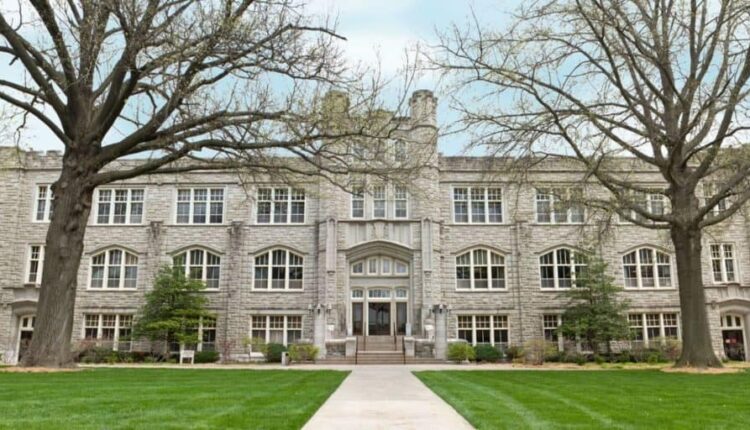University of Central Missouri: UCM BS in Software Engineering is First Such Program in Missouri to Earn Prestigious ABET Accreditation
A designation assuring students that their education meets critical standards to prepare them for the STEM global workforce, the University of Central Missouri’s Bachelor of Science in Software Engineering recently received ABET (Accreditation Board for Engineering and Technology) accreditation. It is the first program of its kind in Missouri to receive this designation.
The B.S in Software Engineering is an academic program housed in the university’s School of Computer Science and Mathematics. ABET authorized the program’s accreditation after an intensive review process that took 18 months. The university will seek reaccreditation in six years, according to School Chair Xiaodong Yue, Ph.D., who also stressed the importance of this designation.
“Generally speaking, it enhances students’ marketability and value of their degree,” Yue said. “Some engineering firms and government agencies prefer students graduating from ABET-accredited programs.”
UCM previously earned ABET accreditation in two other technology areas within the School of Computer Science and Mathematics. Having this most recent designation further solidifies the university’s efforts to ensure the quality of its STEM-related offerings.
“As we had achieved ABET accreditation in both the Computer Science and Cybersecurity programs in the last few years, and had witnessed the value of ABET’s rigorous standards and our own introspection on the quality of those programs, we knew from its inception that our Software Engineering program would benefit from early engagement in the ABET process,” said Belinda Copus, Ph.D., undergraduate program coordinator for computer science and software engineering. “The accreditation of our program underscores the quality of its academics, the value we are delivering to students, and the commitment of our faculty to continuous improvement.”
She added, “Accredited programs are trusted for a reason. Software Engineering at UCM transforms students into competent software engineers who are ready for careers in industry or graduate studies in software engineering and related disciplines.”
The ABET website notes advantages of accreditation such as:
Providing verification that a student’s educational experience meets the global standard for technical education in their profession;
Enhancing employment opportunities, particularly among multinational corporations that require graduation from an accredited program;
Offering support for a graduate’s entry to a technical profession through licensure, registration and certification – all which often require as a minimum qualification graduation from an ABET-accredited program;
Establishing a student’s eligibility for many federal loans, grants and scholarships; and
Paving the way for students to work globally as ABET accreditation is recognized worldwide, and many countries’ national accrediting systems are based on the ABET model.
Yue said an academic program must meet at least eight criteria to become ABET accredited. Theses focus areas cover students, program educational objectives, student outcomes, continuous improvement, curriculum, faculty, facilities, and institutional support.
He noted that to be considered for ABET accreditation, the program curriculum must include computing fundamentals, software design and construction, requirements analysis, security, verification, and validation; software engineering processes and tools appropriate for the development of complex software systems; and discrete mathematics, probability and statistics, with applications appropriate to software engineering.
Yue also added, “The program must demonstrate that faculty members teaching core software engineering topics have an understanding of professional practice in software engineering and are current in their areas of professional or scholarly specialization.”

